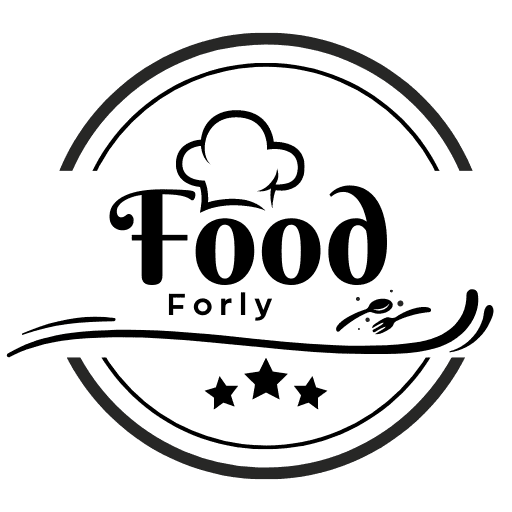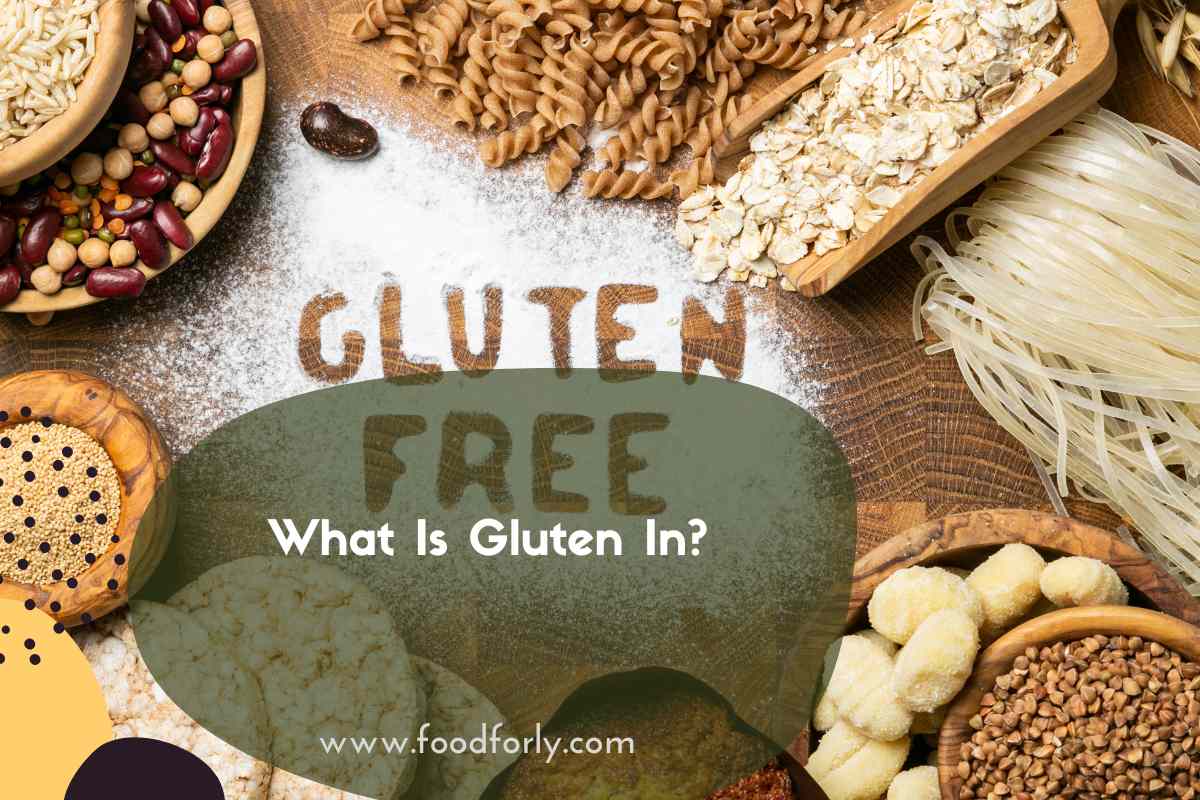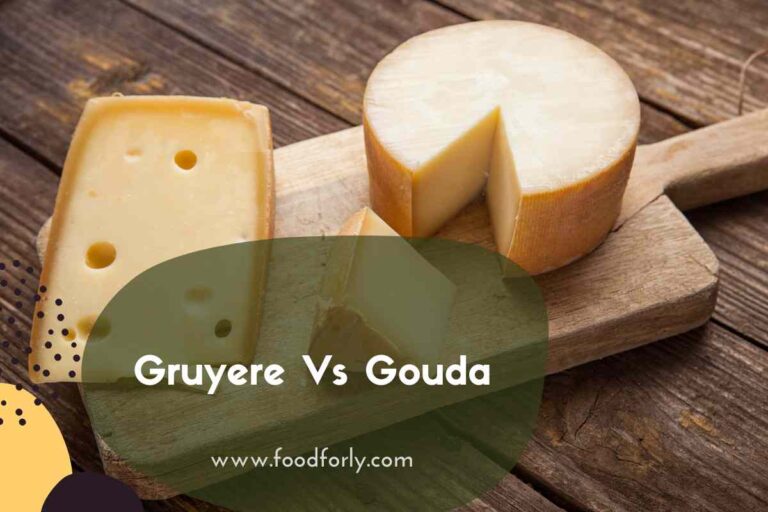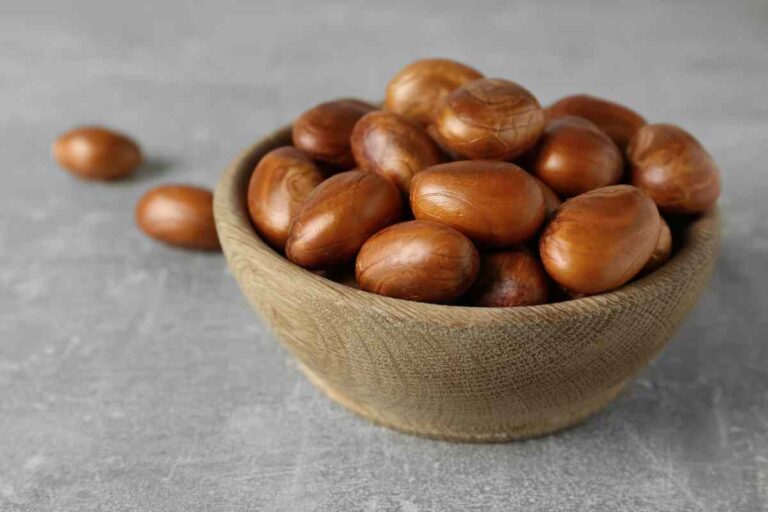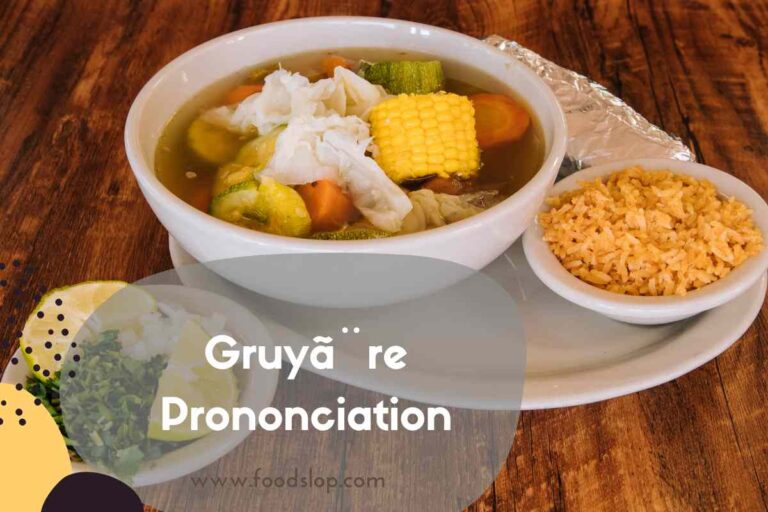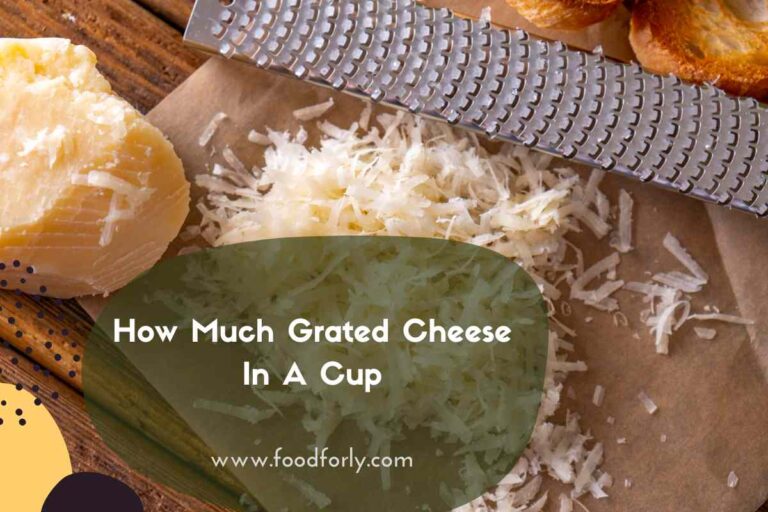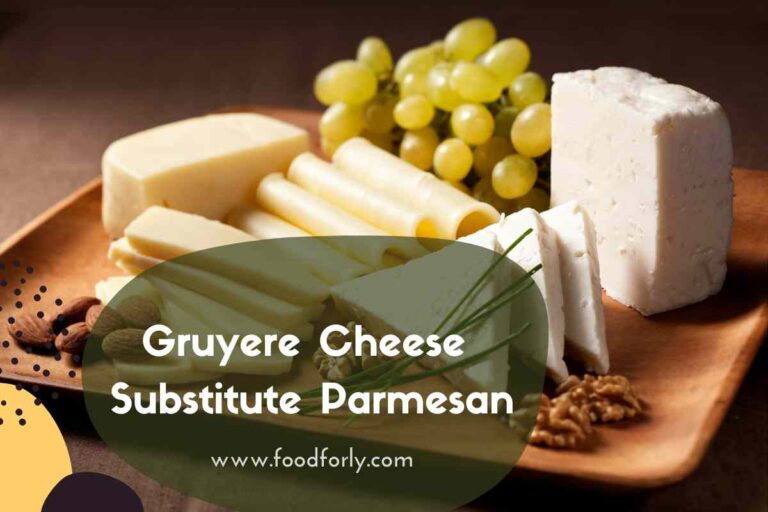What Is Gluten In?
What Is Gluten In?Gluten is a mixture of proteins found in certain grains, primarily wheat, barley, and rye. Here is a breakdown of where gluten can commonly be found:
Wheat: Gluten is abundant in wheat and its varieties, including common wheat (bread wheat), durum wheat (used for pasta), spelt, farro, kamut, and semolina.
Barley: Barley is another grain that contains gluten. It is commonly used in malted products, malt beverages, malt vinegar, and certain cereals.
Rye: Rye is a grain closely related to wheat and also contains gluten. It is commonly used in rye bread and some types of whiskey.
Triticale: Triticale is a hybrid grain derived from wheat and rye, so it also contains gluten.
It’s important to note that gluten is not present in all grains or grain-like seeds. Some gluten-free alternatives include:
Rice: Rice, including white rice, brown rice, and rice flour, is naturally gluten-free.
Corn: Corn and corn-based products, such as cornmeal and corn flour, are gluten-free.
Oats: Oats themselves are gluten-free, but they are often contaminated with gluten during processing. Certified gluten-free oats are available for those following a gluten-free diet.
Quinoa: Quinoa is a gluten-free pseudo-cereal that can be used as a substitute for gluten-containing grains.
Buckwheat: Despite its name, buckwheat is gluten-free and can be used as an alternative in baking or as a flour replacement.
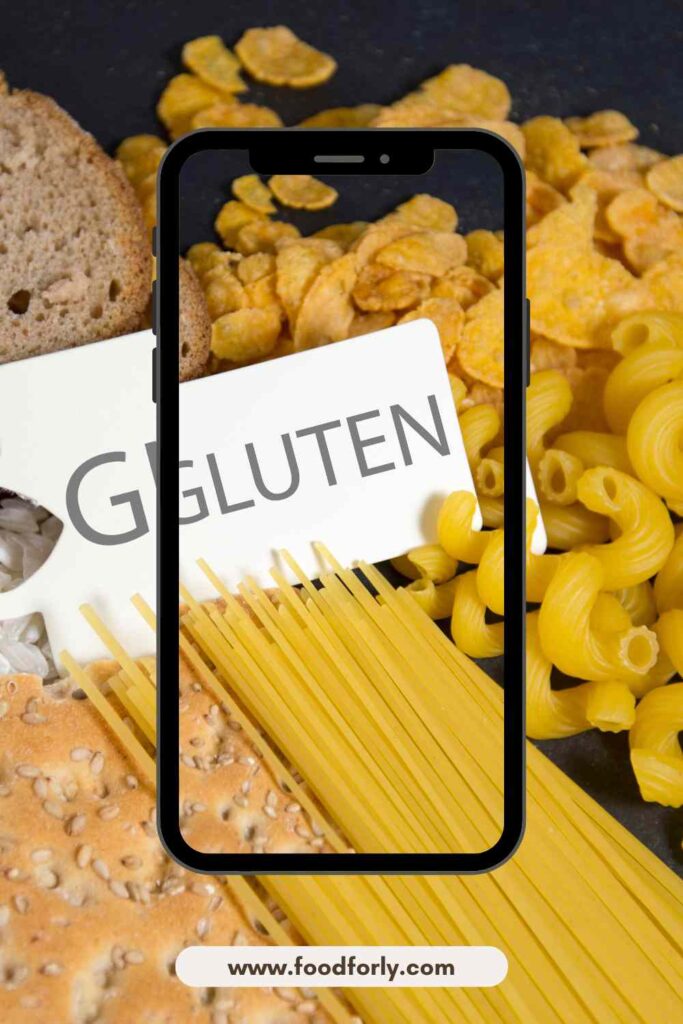
For individuals with celiac disease, gluten intolerance, or gluten sensitivity, it is important to carefully read food labels and look for gluten-free certifications to ensure that the products they consume are free from gluten or avoid grains known to contain gluten.
What Has Gluten?
Gluten is found in several grains and grain-based products. Here is a list of common foods and ingredients that typically contain gluten:
Wheat-based Products: This includes all varieties of wheat, such as common wheat (bread wheat), durum wheat (used for pasta), spelt, farro, kamut, semolina, wheat bran, and wheat germ.
Barley: Barley and barley-based ingredients, including malt, malt extract, malt vinegar, and barley flour, contain gluten.
Rye: Rye and rye-based ingredients, such as rye flour and rye bread, contain gluten.
Triticale: Triticale is a hybrid grain derived from wheat and rye, so it contains gluten.
Bread and Baked Goods: Most bread, rolls, bagels, pastries, cakes, cookies, muffins, and other baked goods made from wheat, barley, or rye flour contain gluten.
Pasta and Noodles: Traditional wheat-based pasta, as well as noodles made from wheat, barley, or rye, contain gluten.
Cereal and Breakfast Foods: Many breakfast cereals, including those made from wheat, barley, or rye, may contain gluten. This includes bran cereals, wheat flakes, and some muesli.
Beer and Malt Beverages: Most beers are made from barley, which contains gluten. Malt beverages, malted milk, malted shakes, and some malted drinks also contain gluten.
Processed Foods: Gluten can be present in processed foods such as soups, sauces, gravies, salad dressings, processed meats (e.g., sausages, hot dogs), and some condiments as an ingredient or additive.
It’s important to note that gluten can also be present in products where it is not immediately obvious, such as some sauces, marinades, and processed foods. If you have celiac disease, gluten intolerance, or follow a gluten-free diet, it’s crucial to read food labels carefully and look for gluten-free certifications to avoid consuming gluten-containing products.
What Gluten?
Gluten is a mixture of proteins found in certain grains, primarily wheat, barley, and rye. It is formed when two proteins, gliadin and glutenin, combine in the presence of water. Gluten provides elasticity and structure to dough, giving bread and other baked goods their characteristic texture.
When flour made from wheat, barley, or rye is mixed with water, the gluten proteins form a sticky network that gives the dough its ability to rise and trap carbon dioxide produced by yeast or leavening agents. This network gives bread its chewy texture and helps it retain its shape during baking.
However, for individuals with celiac disease, gluten intolerance, or gluten sensitivity, consuming gluten can cause adverse reactions and damage to the small intestine. In these cases, a strict gluten-free diet is necessary to avoid gluten-containing grains and products.
It’s important to note that gluten is not present in all grains or grain-like seeds. Gluten-free alternatives include grains like rice, corn, oats (if certified gluten-free), and pseudo-cereals like quinoa and buckwheat.
What Are Gluten Containing Foods?
Gluten is primarily found in foods that contain wheat, barley, and rye. Here are some examples of gluten-containing foods:
Bread and Baked Goods: This includes bread, rolls, bagels, croissants, muffins, pastries, cakes, cookies, and pies made from wheat flour.
Pasta and Noodles: Traditional wheat-based pasta, such as spaghetti, macaroni, and lasagna noodles, contain gluten.
Cereal and Breakfast Foods: Many cereals, including those made from wheat, barley, or rye, contain gluten. This includes bran cereals, wheat flakes, and some muesli.
Wheat Flour-Based Products: This includes flour tortillas, wheat-based wraps, pancakes, waffles, and crepes.
Barley-Based Products: Barley is found in malt, malt extract, malt vinegar, and some types of beer. It may also be used as an ingredient in soups, stews, and certain processed foods.
Rye-Based Products: Rye bread, rye crackers, and other products made from rye flour contain gluten.
Processed and Packaged Foods: Gluten can be present in processed foods such as sauces, gravies, salad dressings, processed meats (e.g., sausages, hot dogs), and certain condiments. It’s important to carefully read ingredient labels to check for gluten-containing ingredients or cross-contamination.
Beer and Ale: Most beers and ales are made from barley, which contains gluten. Some breweries offer gluten-free beer options.
It’s crucial for individuals with celiac disease, gluten intolerance, or gluten sensitivity to avoid these gluten-containing foods and opt for gluten-free alternatives. Additionally, cross-contamination can occur in food preparation or manufacturing processes, so it’s important to check for gluten-free certifications and labels on packaged foods to ensure they are safe for consumption.
What Has Gluten?
Foods that typically contain gluten include:
Wheat-based products: Bread, pasta, couscous, flour tortillas, wheat cereals, wheat-based baked goods (cakes, cookies, pastries), and wheat-based snacks (pretzels, crackers).
Barley-based products: Malt, malt vinegar, barley flour, and some types of beer.
Rye-based products: Rye bread, rye crackers, and some rye-based cereals.
It’s important to carefully read food labels as gluten can also be present in certain sauces, condiments, processed meats, soups, and other packaged foods. Additionally, cross-contamination can occur during food preparation, so it’s crucial to be cautious if you follow a gluten-free diet.
What Does Gluten Free Mean?
“Gluten-free” means that a food or product does not contain gluten or has a very minimal amount of gluten. It is a labeling term used to indicate that the product is suitable for individuals with celiac disease, gluten intolerance, or gluten sensitivity.
A gluten-free diet involves avoiding all sources of gluten, including wheat, barley, rye, and their derivatives.
What Foods Are High In Gluten?
Foods that are high in gluten include:
Wheat-based products: Bread, pasta, couscous, flour tortillas, wheat cereals, wheat-based baked goods (cakes, cookies, pastries), and wheat-based snacks (pretzels, crackers).
Barley-based products: Barley itself and foods made with barley, such as barley flour, malt, malt vinegar, and certain types of beer.
Rye-based products: Rye bread, rye crackers, and some rye-based cereals.
These foods contain a significant amount of gluten and should be avoided by individuals with celiac disease, gluten intolerance, or gluten sensitivity. It’s important to carefully read food labels and look for gluten-free alternatives if following a gluten-free diet.
What Gluten?
Gluten is a mixture of proteins found in certain grains, primarily wheat, barley, and rye. It is formed when two proteins, gliadin and glutenin, combine in the presence of water. Gluten provides elasticity and structure to dough, giving bread and other baked goods their characteristic texture.
For individuals with celiac disease, gluten intolerance, or gluten sensitivity, consuming gluten can cause adverse reactions and damage to the small intestine. Therefore, it is important for them to follow a gluten-free diet and avoid foods containing gluten.
Gluten is not present in all grains or grain-like seeds. Gluten-free alternatives include grains like rice, corn, oats (if certified gluten-free), and pseudo-cereals like quinoa and buckwheat.
Is Gluten Halal Or Haram?
In Islamic dietary guidelines, gluten itself is neither halal (permissible) nor haram (forbidden). Gluten is a mixture of proteins found in certain grains, primarily wheat, barley, and rye. The permissibility or prohibition of a food item in Islam depends on other factors such as the source of the gluten-containing ingredient and the method of processing.
If the source of gluten is from halal grains, then the gluten itself would be considered halal. However, it’s important to note that some grains, such as barley, may require specific conditions or certifications to be considered halal.
The halal or haram status of a food product depends on various factors, including the presence of other haram ingredients, the method of processing, and any contamination risks. Therefore, it is recommended for Muslims to check for halal certifications or consult with trusted Islamic scholars or certification organizations to determine the halal status of specific food products or ingredients that contain gluten.
Is Gluten In Rice?
No, gluten is not naturally present in rice. Rice is a gluten-free grain and does not contain the proteins gliadin and glutenin that make up gluten.
Therefore, rice and rice-based products are generally safe and suitable for individuals with celiac disease, gluten intolerance, or gluten sensitivity. However, it’s important to ensure that rice is not cross-contaminated with gluten-containing grains during processing or preparation.
Additionally, some processed rice products may have added ingredients or flavorings that contain gluten, so it’s always advisable to read ingredient labels or look for gluten-free certifications when purchasing rice-based products.
Is Gluten In Potatoes?
No, potatoes do not naturally contain gluten. Gluten is primarily found in grains such as wheat, barley, and rye. Potatoes are a gluten-free food and are generally safe for individuals with celiac disease, gluten intolerance, or gluten sensitivity.
However, it’s important to note that cross-contamination can occur during food processing or preparation. If potatoes are processed in facilities that also handle gluten-containing products or if they are prepared using shared equipment or utensils that have come into contact with gluten, there is a risk of cross-contamination.
Therefore, it’s always a good idea to be cautious and ensure that potatoes and potato-based products are prepared in a gluten-free environment or certified as gluten-free if you have specific dietary restrictions.
Does Milk Have Gluten?
No, milk does not naturally contain gluten. Gluten is a mixture of proteins found in certain grains, primarily wheat, barley, and rye. Milk, whether cow’s milk or other types of milk such as goat’s milk or sheep’s milk, is gluten-free.
However, it’s important to be aware of potential cross-contamination. Flavored or processed milk products, such as some chocolate milks or milkshakes, may contain added ingredients or flavorings that could contain gluten.
It’s recommended to carefully read the ingredient labels or look for gluten-free certifications on processed milk products to ensure they are free from gluten or if you have specific dietary restrictions.
Does Yogurt Have Gluten?
Plain, unflavored yogurt made from traditional ingredients like milk and live bacterial cultures does not naturally contain gluten. Yogurt itself is gluten-free.
However, similar to other dairy products, flavored or processed yogurt products may contain added ingredients or flavorings that could contain gluten. It’s important to read the ingredient labels carefully or look for gluten-free certifications on yogurt products, especially if they have added mix-ins, toppings, or flavorings.
Some yogurt products may also be subject to cross-contamination during processing or packaging, so individuals with celiac disease or gluten intolerance should exercise caution and choose products that are specifically labeled as gluten-free or certified gluten-free.
